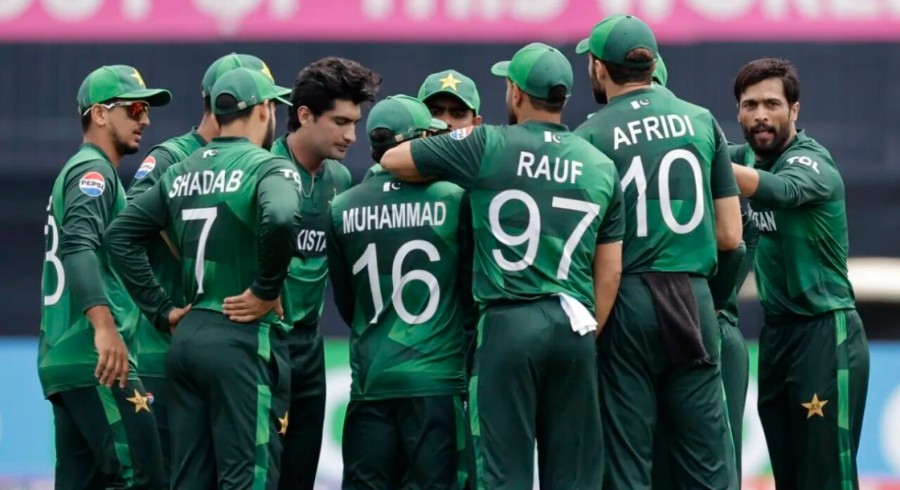
Cricket in my formative years, even dreaming of becoming a professional before fate led me to a career in the police. This was the late ‘70s and early ‘80s—a time of bad pitches, no helmets, and inadequate gear. We endured unprepared wickets and frequent injuries. Fielding was considered labor, unlike today, where it has become an art.
Match-fixing was rampant then. I remember an umpire once telling me to hit the batsman anywhere on his body, and he’d give him out LBW. I also recall a team from a local college, along with their professor, vanishing in the USA, players routinely disappearing during foreign tours, and reappearing as millionaires.Nepotism plagued team selections, with decisions based on connections rather than merit. Cricket became a masterclass of corruption and cronyism.
Fast forward to 1999, as city police chief of Rawalpindi, I witnessed the chaos during the October coup. Under government orders, we apprehended the then chairman of the Pakistan Cricketing Board, shocked to discover his dealings in millions of dollars.
In 2007, I, along with Mir Zubair from the Federal Investigation Agency, investigated the alleged ‘murder’ of Pakistan Coach Bob Woolmer. We learned that cricket is usually played by sportsmen from the lowest strata of society, who excel in street cricket but often lose their way after gaining wealth and fame. Pakistan’s infamous loss to Ireland in 2007, which preceded Woolmer’s death, was due to poor play and a misguided focus on divine intervention. Woolmer died of an ischemic heart disorder, likely catalyzed by the loss.
Despite our flaws, we have won trophies, played great matches, and produced talented cricketers like Babar Azam. However, we lack the consistency to be champions. The PCB epitomizes instability, cycling through 16 chairmen, 17 captains since 1999, and 27 coaches since 1992, showcasing chronic mismanagement. Instead of implementing reforms, the usual tactic is to find scapegoats and perpetuate the cycle.
I am mindful that the cricketers selected for the T20 World Cup were among the best in our country. While a few selections can be debated, this was the top talent available at the time. However, rumours are that the team, once divided between Karachi and Lahore, is now split along ethnic lines. This suggests that our loss was due to the absence of leadership and the lack of harmony and ‘will’ among the team members.
It is clear that the polarisation present in all walks of life as well as unchecked institutional decay have inevitably harmed our sports as well. If we want to win, everything matters. Cricket is, after all, a game. Winning and losing are part of it, but going down with grace is not that painful. The saddest part is that we know what’s wrong and can fix it, but we pretend we don’t need to in order to succeed.
Shortcuts, misconduct, capriciousness, favouritism, intellectual dishonesty and greed continue to be our undoing. We have seen eras where players who wouldn’t make the playing eleven in a competitive side end up captaining the Pakistani team. We continue to glamorise occasional victories, forgetting that lasting success comes from planning, strategy and practice, not from cults of personality and wishful thinking.
We can only achieve success by respecting merit and following rules. Bob Woolmer told us this years ago, and Gary Kirsten has echoed the same now. We aren’t hard of hearing; it just doesn’t get through our thick heads.



















Leave a Reply